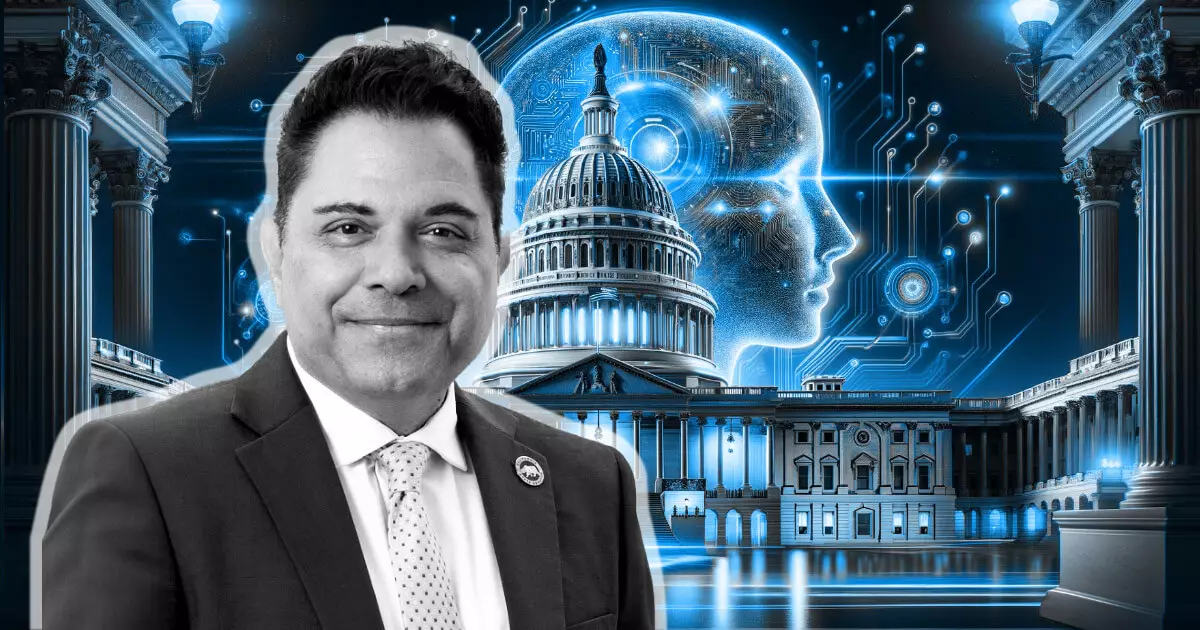The rapid advancement of artificial intelligence (AI) technology has raised concerns about its potential risks and impact on society. In response to these growing concerns, Senator Steve Padilla (D-San Diego) has proposed two bills, Senate Bills 892 and 893, aimed at establishing a robust and ethical AI framework in California. This article critically analyzes Senator Padilla’s proposed legislation and evaluates its potential implications for AI governance.
Senator Padilla acknowledges the dual nature of AI, recognizing its promise and potential while also highlighting the challenges it presents. He draws attention to past regulatory lapses in the tech industry, particularly in the realm of social media, and warns against allowing a few tech billionaires to operate AI without proper oversight, accountability, or restraint.
AI possesses immense transformative power, but its unchecked integration into daily life poses significant risks. Therefore, Senator Padilla’s proposed bills emphasize the need for comprehensive safeguards and standards in AI development. This focus on safety, privacy, and nondiscrimination is crucial in mitigating the potential adverse effects of AI technology.
Senator Padilla’s initiative has garnered support from legal and AI experts, further validating the need to regulate AI. Karl Manheim, a Professor Emeritus at Loyola Law School, lauds the proposed bills for positioning California as a leader in AI safety and innovation. He points out the current “regulatory vacuum” in AI development and emphasizes the importance of establishing standards to guide its responsible integration into society.
Former National Security Advisor Robert C. O’Brien emphasizes the need for public investment in AI infrastructure to maintain a competitive edge against countries like China, which have made significant financial commitments to the AI industry. Senator Padilla’s bills provide the foundation for public funding to flow into AI-related infrastructure, positioning California to maintain its global leadership in AI research and development.
Senate Bill 892 proposes the establishment of standards for AI services, focusing on safety, privacy, and nondiscrimination. The Department of Technology will be responsible for setting these standards, ensuring that AI service providers meet them. Starting from August 1, 2025, the state of California will be prohibited from contracting with AI service providers who fail to meet these requirements. This provision ensures that AI technologies are developed and deployed responsibly and in a manner that respects user privacy and avoids discriminatory practices.
Senate Bill 893 aims to leverage California’s economic influence in the field of AI by creating the California AI Research Hub in collaboration with academic institutions. The Hub will focus on AI research, development, and deployment for the public benefit, emphasizing privacy protection and addressing societal risks. This initiative recognizes the importance of AI as a public good and is aimed at preventing monopolistic control over its future. By establishing the Research Hub, California can foster innovation, drive economic growth, and ensure that the benefits of AI are accessible to all members of society.
Senator Padilla’s proposed legislation has the potential to set a precedent for AI regulation and development, not only in California but also across the United States and globally. The bills have drawn attention to the need for comprehensive AI governance, highlighting the importance of responsible integration and public investment in AI technologies. By taking the lead in establishing a robust AI framework, California can influence AI policies and practices worldwide, ensuring that AI is harnessed in a manner that aligns with societal values and priorities.
Senator Padilla’s proposed legislation for AI governance is a significant step toward harnessing the potential of AI while ensuring its responsible use. The bills emphasize the importance of safety, privacy, and nondiscrimination, as well as leveraging California’s economic influence for the public benefit. With support from legal and AI experts, these bills have the potential to become a model for AI regulation and development, shaping the future of AI governance not only within California but also globally.


Leave a Reply